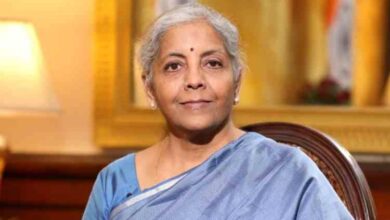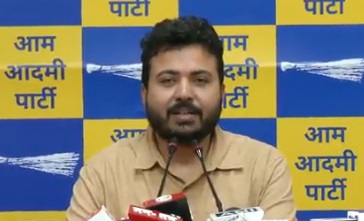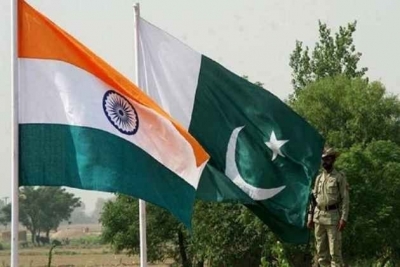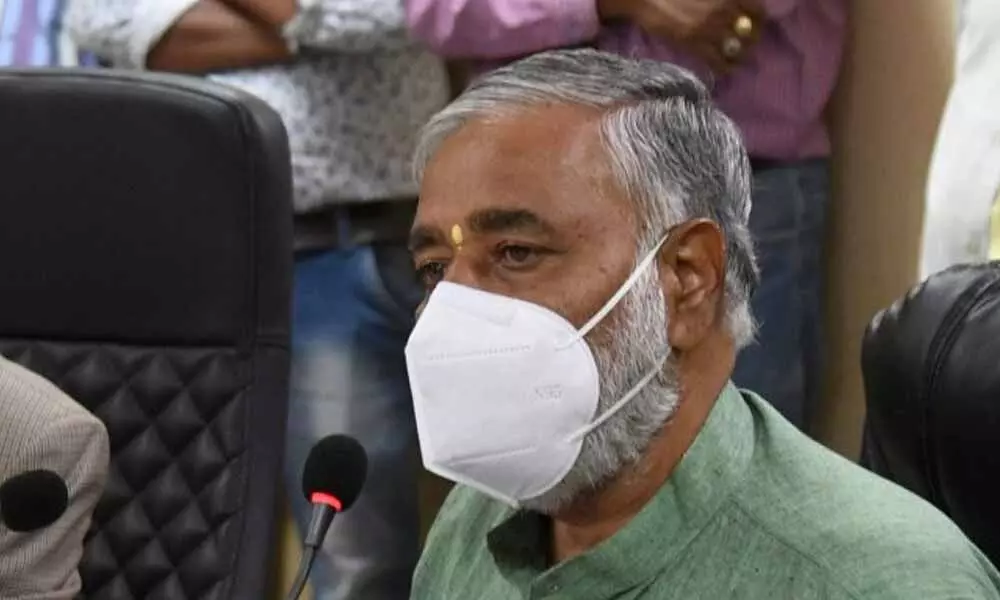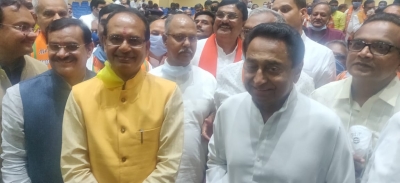
Bhopal, Oct 18: As the BJP and Congress get ready for a bipolar battle in Madhya Pradesh scheduled for November 17, both present a contrasting strategy in the context of deciding the leadership role in their state units and the process in selecting candidates.
For the first time in the past three decades or more, the ruling BJP is contesting the Assembly elections in Madhya Pradesh without declaring the chief ministerial face despite having the strongest leader and the longest incumbent CM Shivraj Singh Chouhan.
In 2003, the BJP had announced fire-brand Hindutva leader Uma Bharti as the party’s CM face nearly a year ahead of the elections. In the next three consecutive elections — 2008, 2013 and 2018, the saffron party never shied away from projecting Shivraj Singh Chouhan as the CM face and gave him free hand in deciding candidates and campaigning.
However, after getting defeated in 2018, the BJP’s central leadership seems to have changed its strategy and decided to contest the 2023 election directly under the leadership of Prime Minister Narendra Modi. On the other hand, the BJP also kept the race for CM’s post open with fielding several contests, including the Union Ministers and national general secretary Kailash Vijayvargiya.
Senior journalist N.K. Singh said the BJP has always followed the ideology of collective leadership and does not promote individualism. But, the things have changed a lot and for the last two decades, no other leader could establish himself to challenge the incumbent CM Chouhan.
“Whoever tried to challenge CM Chouhan, either has been sidelined or departed from the state’s politics. But, when the BJP lost in 2018, the BJP’s central leadership (PM Narendra Modi and Amit Shah), which was very different from in previous time (Atal Bihari Bajpayi and L.K. Advani) seems to have taken full command in Madhya Pradesh’s politics,” he added.
Singh further stated that at present, MP BJP is facing high factionalism, but except Shivraj Singh Chouhan there is no other leader who can bring the majority or challenge the central leadership. “Narratives have always played a crucial role in Assembly elections, especially states like Madhya Pradesh where more than half of the population are struggling to meet basic needs, which is the reason, BJP has decided to face-fatigue Shivraj Singh Chouhan.”
On the other hand, the situation is quite a contrast in the Congress, which has declared state unit chief Kamal Nath as the chief ministerial face. Political observers said it was the first time after 1998 or 2003, the Congress had declared its chief ministerial face months before the elections.
Veteran journalist Law Kumar Mishra said after completing the first tenure of Digvijaya Singh’s government (1993-1998), the factionalism was high in the Congress and Digvijaya Singh had to face challenges from his party colleagues — Motilal Vora and Arjun Singh.
Mishra claimed, in 1998 election Digvijaya Singh was obviously leading the party campaign, but it wasn’t clear if he would win the second tenure as there were two other big leaders — Arjun Singh and Motilal Vora who were also racing for the CM’s post.
“But, when the counting started and by 2 p.m., it was clear that BJP’s big leaders. including Kailash Joshi lost the election, and around a dozen independent candidates had won the election. In that situation, Congress leadership tasked Digvijaya Singh to bring all Independent MLAs to support the Congress. He did it and then he was declared the CM face,” Mishra recalled.
The Congress lost the election in 2003, and in the next two elections — 2008, 2013 — the grand old party continued to suffer because of high factionalism of its regional leaders and growing individualism which gave opportunity to the BJP to become more stronger in Madhya Pradesh.
Mishra further said, but in 2018, Kamal Nath, who has a strong backing of the Gandhi family, took charge of Madhya Pradesh Congress and reestablished the party. “The Congress managed to defeat the BJP after 15 years in 2018 , but the CM face was decided after the intervention of the central leadership,” he added.
Similarly, the contrast for the selection of candidates are also visible in the BJP and the Congress. The BJP’s candidates were selected from the state leadership, and then the central leadership used to give approval for the same, while in Congress, the situation was quite in contrary.
“But, this time the situation is very different and it is because of a change in central leadership. The Congress’ central leadership is not the same as it used to be earlier, while the BJP’s central leadership has put Atal-Advani’s liberal policy aside,” Mishra added.


